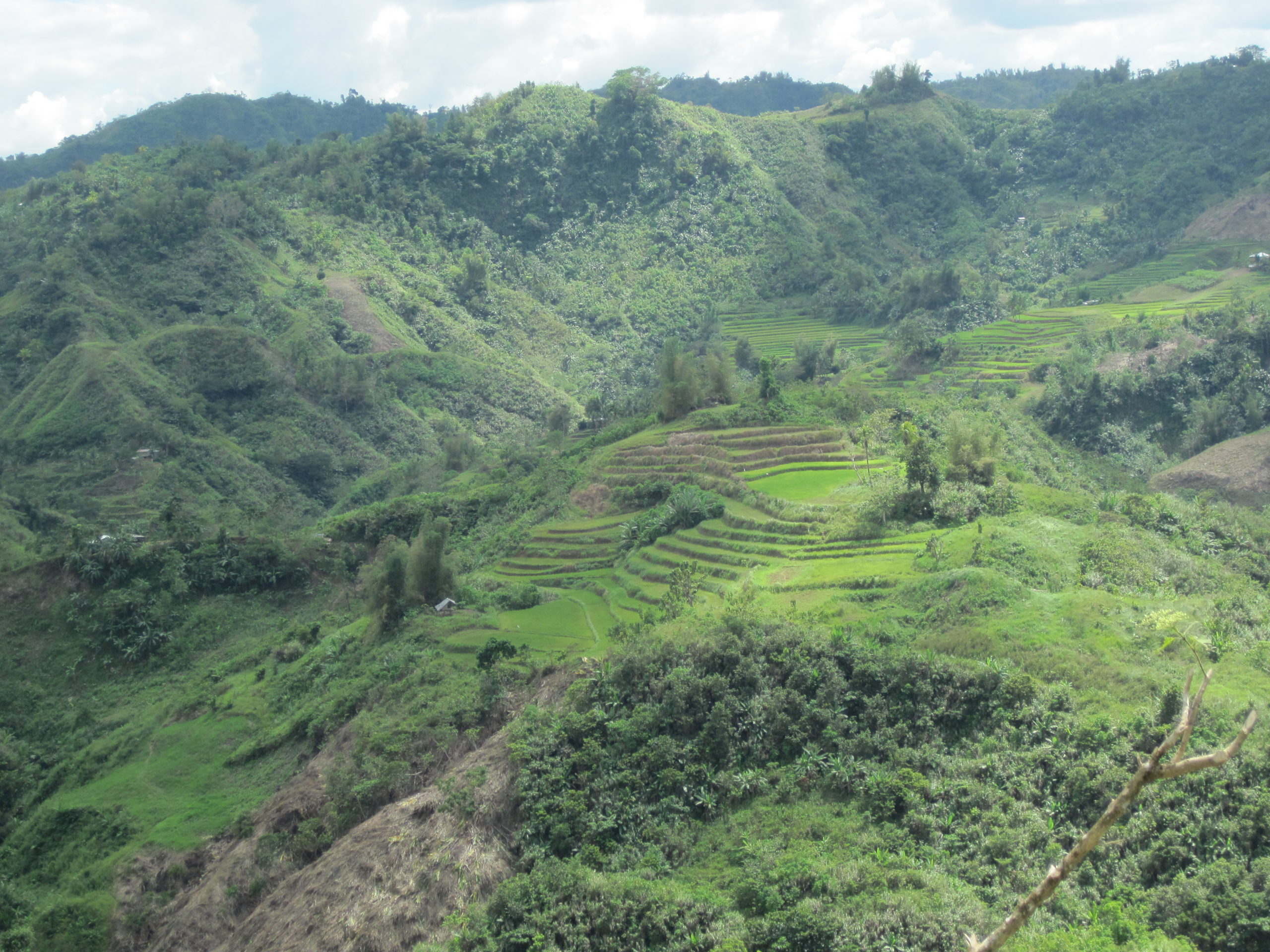Tumandok Massacre
On December 30, 2020, security forces of the Philippine National Police (PNP) and Armed Forces of the Philippines (AFP) brutally killed nine leaders, namely Roy Giganto, Reynaldo Katipunan, Galson Catamin, Mario Aguirre, Eliseo Gayas Jr., Maurito Diaz, Artilito Katipunan, Jomar Vidal, and Rolando Diaz, from the Panay indigenous Tumandok community in Iloilo province.
The Tumandok leaders were known activists who fought against militarization, land grabbing, and the contested construction of the Jalaur megadam between the villages Tapaz and Calinog, in Capiz and Iloilo province respectively. The dam could significantly threaten the environment and livelihoods of the indigenous peoples (IPs) living in the area.
The massacre took place around 4am on December 30, 2020, when PNP and AFP security forces entered the houses of the Tumandok leaders in the villages of Tapaz and Calinog to implement a search and arrest warrant for the alleged illegal possession of firearms and explosives. The nine Tumandok leaders were murdered in front of their families while sixteen other Tumandok members were arrested. According to the security forces, they were forced to shoot as the victims allegedly fought back to resist arrest. Relatives of the detained IP members affirmed that the security forces planted the firearms found inside their homes and that their relatives were tortured. The detained Tumandok members were later also accused of being members of the rebel group New People’s Army (NPA).
The National Union of Peoples’ Lawyers (NUPL) – Panay Chapter condemned the massacre, stating that the implementation of search and arrest warrants “was nothing more than an excuse to carry out an operation intended to kill” against IPs who were advocating for their human rights.
Human rights defenders in the Philippines are often criminalized based on fabricated charges wherein weapons are planted on them – a common tactic applied by security forces to discredit and imprison them. The PNP and AFP take advantage of the lack of forensic expertise that makes witness testimonies essential for the investigation and court proceedings. Moreover, bail can only be granted in exceptional cases for charges of illegal possession of firearms and explosives, which results in pretrial custody until the court concludes the case.
Prior to the series of killings and arrests, the AFP deliberately “red-tagged” the Tumandok members, meaning they were accused of being alleged supporters of the communist insurgency. The practice of “red-tagging” has been frequently used by security forces to justify the repression of human rights advocacy in the country, especially since the passing of the Anti-Terrorism Act of 2020 and whole-of-nation approach to ending the communist insurgency in 2018 under the former administration of President Rodrigo Duterte.
As of December 30, 2021, 15 out of 16 of the detained Tumandoks were released, after the lifting of the search warrants, which “failed to satisfy the constitutional requirement” and hence were declared invalid. A week later, the Supreme Court issued a new ruling that regional trial courts in Manila and Quezon City – which granted the said search – can no longer issue warrants outside of their regional jurisdictions.
The perpetrators of the murders of the nine Tumandok leaders have yet to be held accountable for their human rights abuses. Moreover, as of February 2023, the AFP and PNP have continued to harass the IPs advocating for their human rights and protesting the dam construction.
The Tumandok massacre is reminiscent not only of the Marcos era but also of two successive large-scale operations by state security forces in December 2018 and March 2019 on Negros Island, in which a total of 20 people were murdered and more than 43 people arrested. Read more about these cases in the AMP 2019 Human Rights Report on page 16-17.
The AMP 2022 Human Rights Report also features the case of the Tumandok massacre case on page 26.
Update: April 14, 2023

Photo © Hannah Wolf
